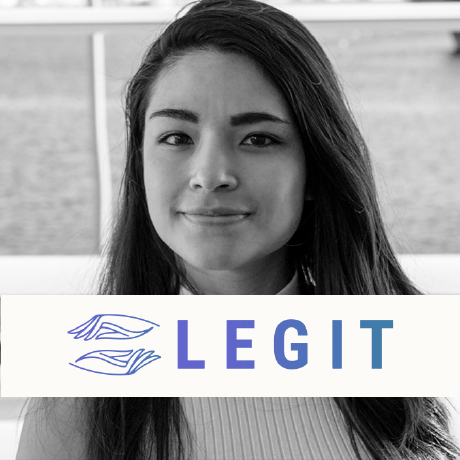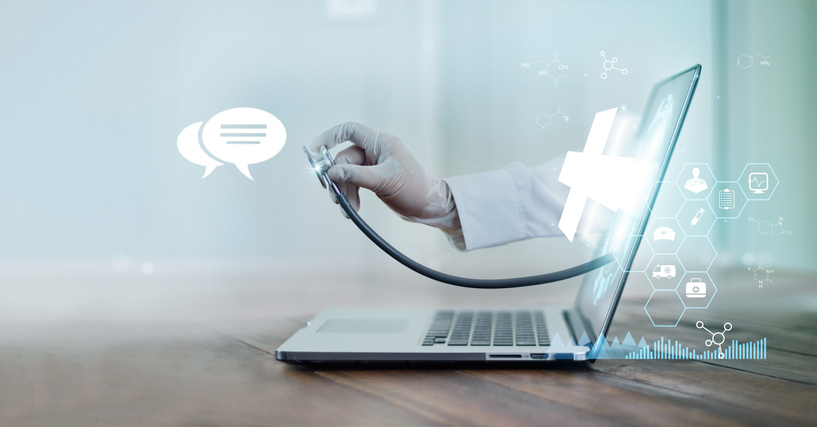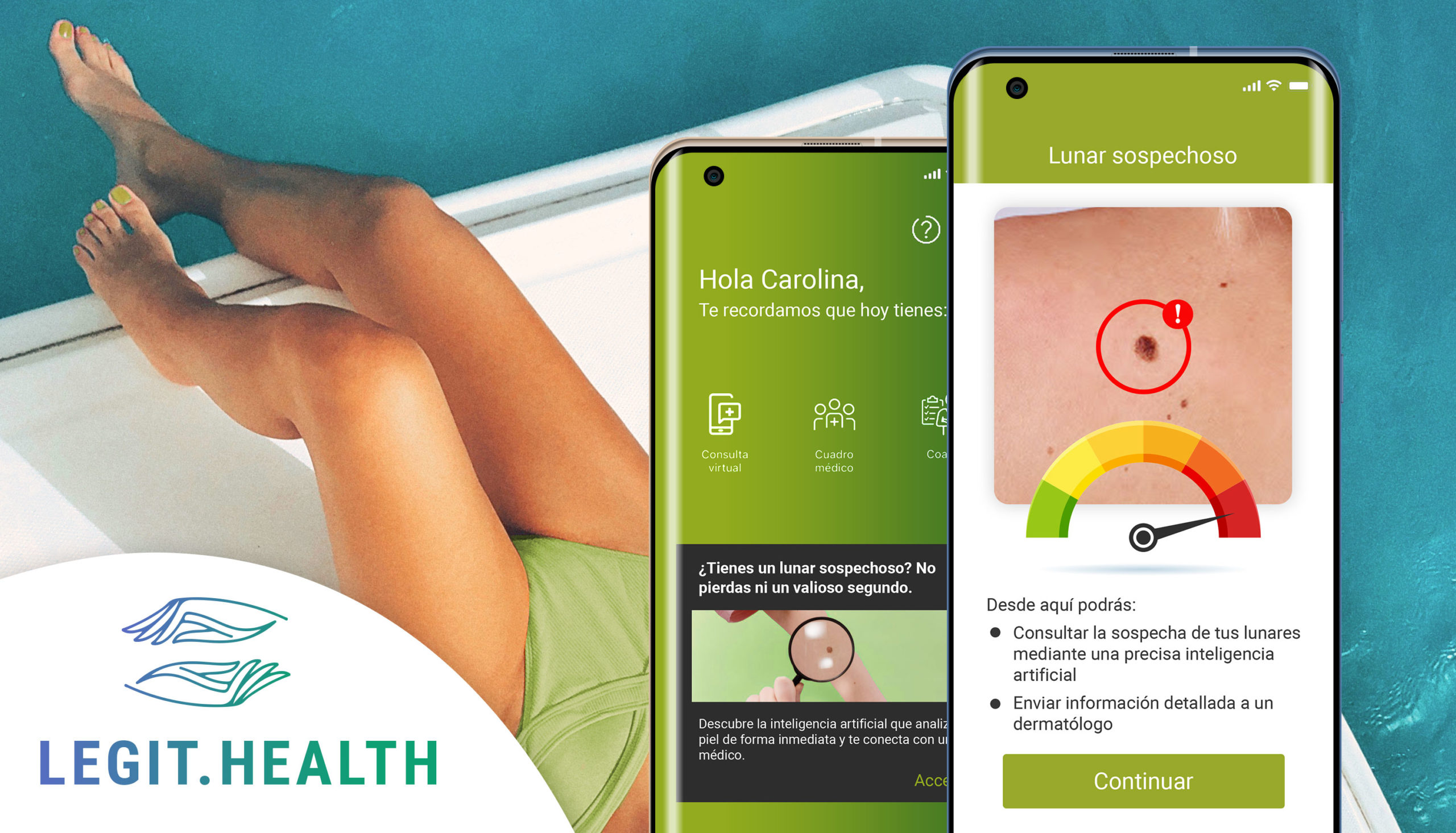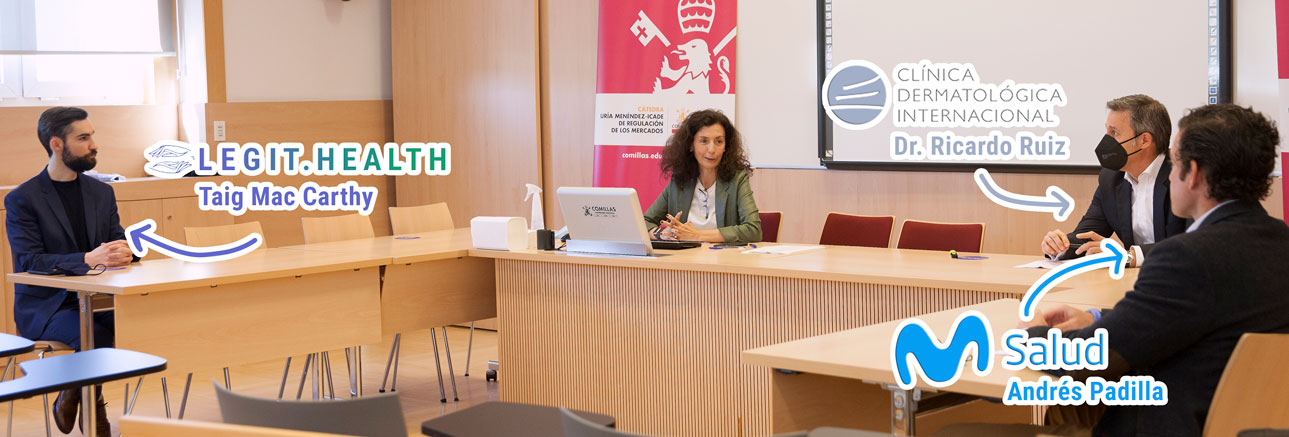Doctor burnout: 6 simple ways Legit.Health helps reduce it

Introduction
In the healthcare sector, a silent but pervasive challenge impacts the well-being of those at the frontline of patient care. This challenge is doctor burnout, a state of physical, emotional, and mental exhaustion caused by prolonged stress in the medical profession. The repercussions of doctor burnout extend beyond the healthcare providers; they also affect the quality of care received by patients.
At Legit.Health, we recognize the critical importance of supporting healthcare professionals. Our dedication to enhancing the lives of doctors and patients is reflected in our advanced artificial intelligence technology. Designed to streamline clinical workflows, our AI tools aim to alleviate the daily pressures faced by physicians, promoting a more sustainable work environment and better patient outcomes.
Traditional consultation
8 medical acts per hour
With Legit.Health
52 medical acts per hour
Doctor burnout, a serious problem
Doctor burnout represents a significant and complex issue within the medical community. The World Health Organization defines burnout as an occupational phenomenon characterized by chronic work-related distress. It includes emotional exhaustion and irritability, a gradual loss of empathy and an increase in negative feelings such as cynicism, and a sense that your own professional effectiveness is rapidly decreasing.







